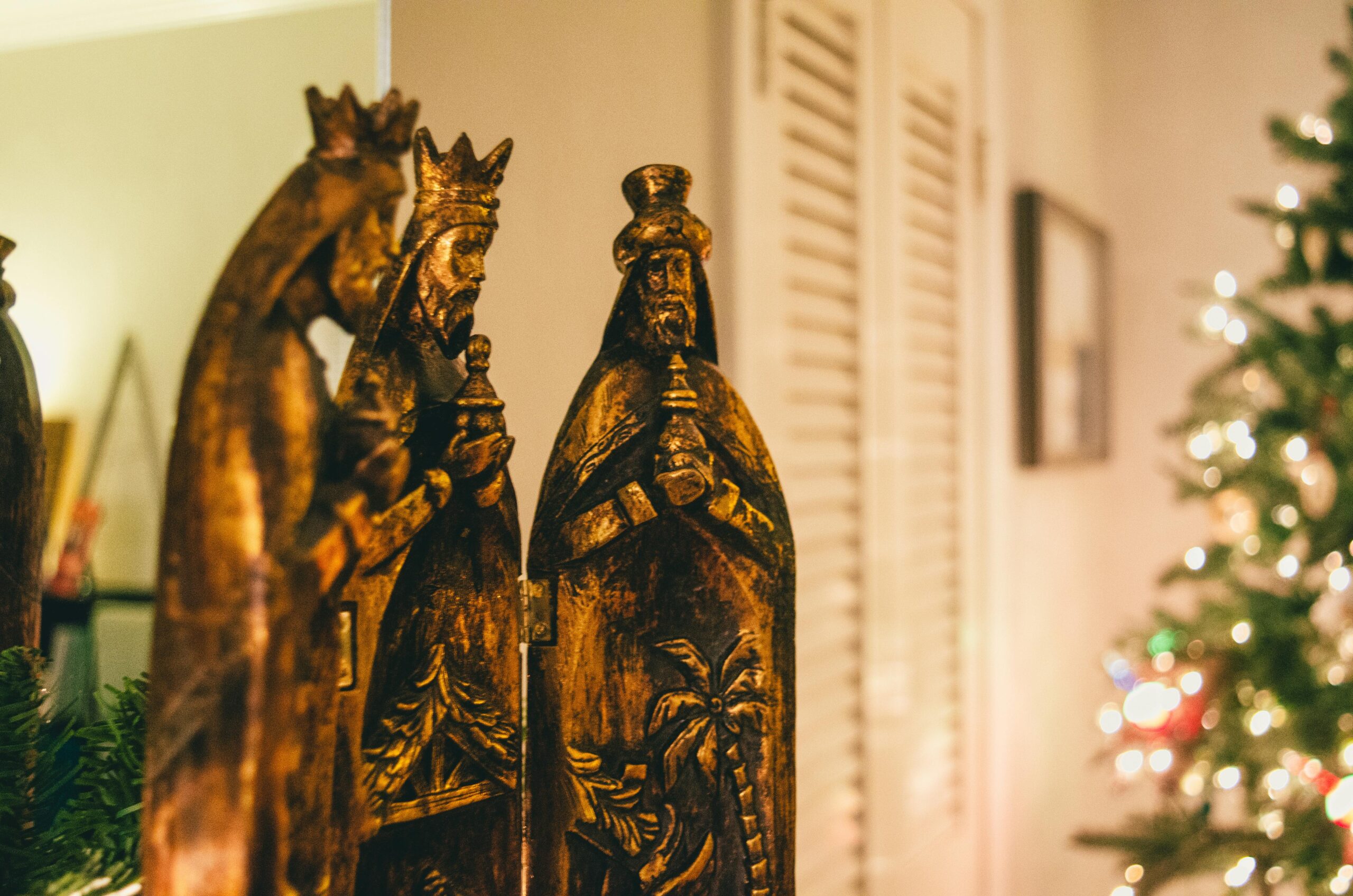On Monday, 6th January, the Canary Islands closed for the real winter festivities: Los Reyes Magos. This day is more significant than Christmas in Spain and is when the Three Kings deliver presents to children, just like Santa does at Christmas. However, we don’t have this celebration in the United Kingdom, although 6th January still holds some significance. Let’s explore more in this week’s blog!
But first…who are The Three Kings?
Los Reyes Magos translated in English is “The Three Kings”. However, if you said this to most Brits, they probably wouldn’t have a clue what you mean. That’s because these men are called “The Three Wise Men” in English. We think of them as astrologers and not kings. It’s open to interpretation, so neither is right nor wrong.
Idiom of the Week: don’t have a clue:
This is another way to say, “don’t know” or “no idea”.
Do we have a name for 6th January?
Yes, 6th January is referred to as Epiphany in the UK. Although it’s an important day for Christians, there aren’t huge celebrations like in Spain. It’s usually just acknowledged with a special mass at church to commemorate The Three Wise Men bringing baby Jesus his gifts.
A Twelfth Night
Not just a famous Shakespeare play, Twelfth Night is the name of 5th January in the UK. This day marks the twelfth and last day of Christmas, with the first being Christmas Day itself. Traditionally, these twelve days were the entire Christmas season, and this is when celebrations would happen. In modern times, the Christmas season starts at the beginning of December and ends on 1st January. Nowadays, the Twelfth Night is rarely acknowledged or celebrated aside from having a name.
Very superstitious…
Although the 5th and 6th January aren’t celebrated in the UK, most Brits take down all their Christmas decorations by the 6th. There’s a superstition that if you leave your decorations up past the 6th, you’ll have bad luck for the rest of the year. To counteract this bad luck, you must leave up your decorations until the next Christmas.
This superstition likely dates back to times that viewed Christmas decorations like holly and ivy as closely related to natural cycles and the changing seasons. By leaving them up past the Christmas season, it was seen as disrupting these natural cycles, bringing bad luck to those who did so. While most Brits probably don’t actually believe this today, we still honour this superstition by ensuring all decorations are gone by the 6th.
Phrasal verb vibes: Leave up, take down
«Leave up» means to keep something where it is, while «take down» means to remove something from its position.
Here’s to 2025!
With Christmas, New Year, and Los Reyes Magos all over, it’s time to settle into the new year. Feliz Año everyone and have a wonderful start to 2025!
Written by Marina McAleese, Teacher at The Harrogate International Academy





